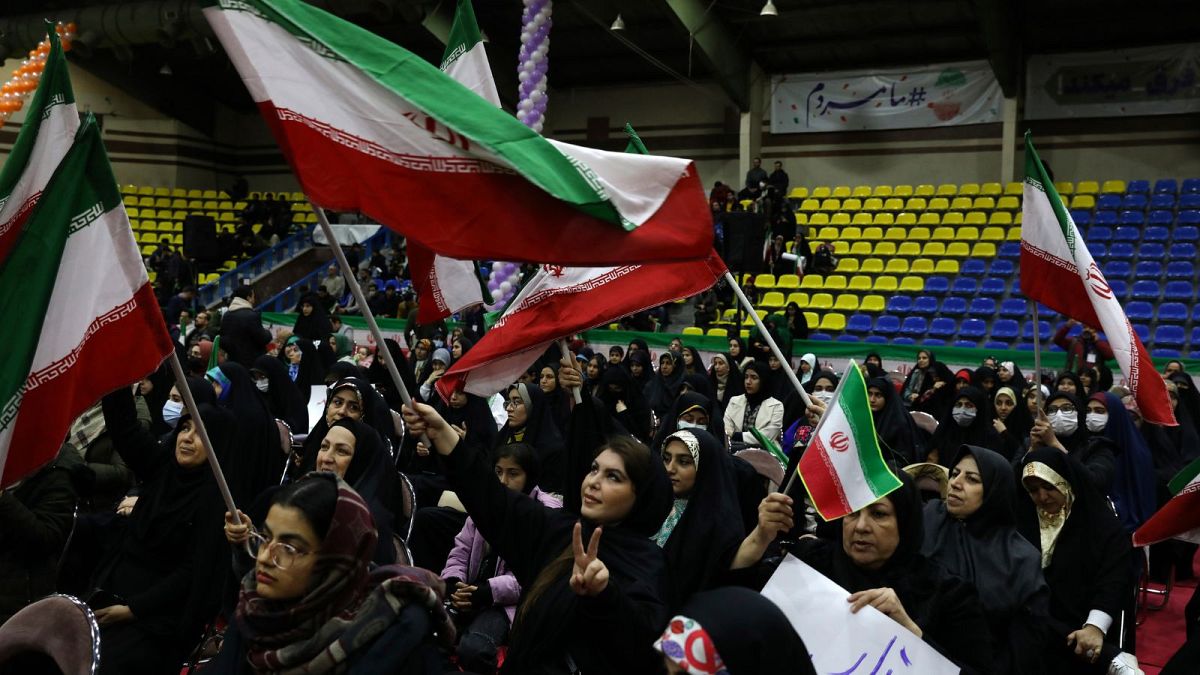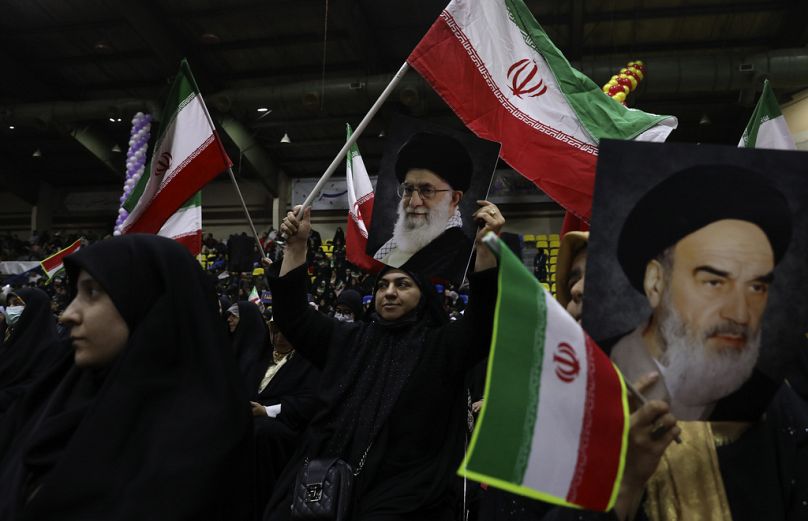While Ayatollah Khamenei is urging his people to vote, many might still sit out this week's parliamentary election.
Iran will hold parliamentary elections on Friday amid widespread discontent over the country’s failing economy, but it’s likely that few voters will turn out at the ballot.
Iranians will be voting to elect members to the 290-seat Parliament, formally known as the Islamic Consultative Assembly. Terms run for four years, and five seats are reserved for Iran’s religious minorities.
Separately, Iranians will vote to fill the Assembly of Experts, whose 88 members serve eight-year terms on a panel that will appoint the country’s next supreme leader after Ayatollah Ali Khamenei, who’s now 84.
But as the country's political climate remains tense, many Iranians said they won’t be taking part.
Poor and exhausted
Iran recently faced nationwide mass protests over the death of 22-year-old Mahsa Amini, who died while in the custody of the country’s morality police in September 2022. The protests were repressed by authorities, who have increased their clampdown on dissent.
The country has also faced growing tensions with the West over its nuclear programme and its support for Russia in its war in Ukraine.
While Iranian authorities have encouraged people to go to the ballot on Friday, the state-owned polling centre ISPA has not yet released any information on the election’s expected turnout.
Out of 21 Iranians interviewed by the Associated Press, only five said they would be voting on Friday. Three said they were undecided, while 13 said they wouldn’t vote.
Some mentioned the poor state of the country’s economy as a reason for their disengagement. Inflation is reportedly at around 50%, with unemployment around 20% for young Iranians.
“If I protest about some shortcoming, many police and security agents will try to stop me,” said Amin, a 21-year-old university student who gave only his first name for fear of reprisals. “But if I die from hunger on the corner of one of the main streets, they will show no reaction.”
Morteza, a 53-year-old taxi driver who gave only his first name for fear of reprisal, also expressed disenchantment.
“Why should I vote?” he asked. “I voted many times in the past yet I am paying for the schooling of my three daughters. ... I am still a renter and continuously I keep moving to a poorer area.”

